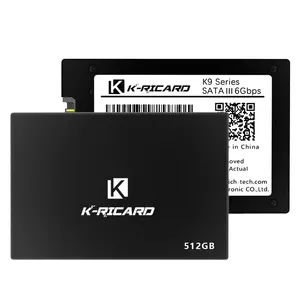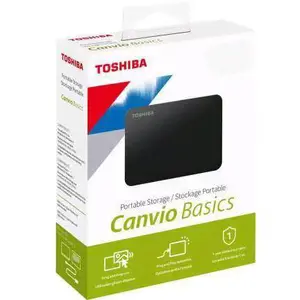Understanding Hard Disk Technology
The term hard disk, often synonymous with data storage, refers to a device used for storing and retrieving digital information. In the realm of data storage solutions, hard disks have been pivotal, evolving through various forms such as the hard disk drive (HDD) and the more recent solid state disk (SSD). This introduction delves into the intricacies of hard disks, their types, and their applications in the modern digital landscape.
Types of Hard Disks
Hard disks are categorized mainly into HDDs and SSDs. The traditional HDD utilizes magnetic storage to house data, with spinning disks and read/write heads being its core components. On the other hand, an SSD hard drive employs flash memory, offering faster data access speeds. Within SSDs, variations such as m 2 solid state drive and nvme solid state drive represent advancements in form factor and interface, respectively, providing enhanced performance for intensive data tasks.
Applications and Features
The application of hard disks spans across various devices. An internal solid state drive is commonly found in modern computers, offering swift boot times and quick file access. For additional storage, an external hard drive or external hard disk drive can be utilized, serving as a portable option for data backup or transfer. In environments where large volumes of data are handled, such as servers or data centers, high-capacity drives like a 2tb solid state drive or larger are often employed.
Materials and Durability
The construction of hard disks involves a combination of durable metals and sophisticated electronics. The robustness of a hard disc is crucial, especially for an external hard disk, which is designed to withstand the rigors of travel. SSDs, lacking moving parts, offer a more resilient alternative to HDDs, making them less susceptible to physical shock and wear over time.
Choosing the Right Hard Disk
Selecting the appropriate hard disk requires a balance between storage needs and performance requirements. For users seeking longevity and rapid access, an ssd hard disk might be preferable. In contrast, those needing voluminous yet cost-effective storage might lean towards a traditional hard disc drive. It is essential to assess the storage capacity, speed, and form factor to find a suitable storage solution.
Advantages of Modern Hard Disks
Modern hard disks, particularly ssd hdd hybrids, offer a blend of capacity and speed, catering to diverse computing needs. The advent of sata solid state drive technology has also democratized high-speed data access, making it more accessible to a broader user base. With advancements in SSD technology, users can enjoy the benefits of quicker data transfer rates, lower power consumption, and improved overall system performance.













































 浙公网安备 33010002000092号
浙公网安备 33010002000092号 浙B2-20120091-4
浙B2-20120091-4